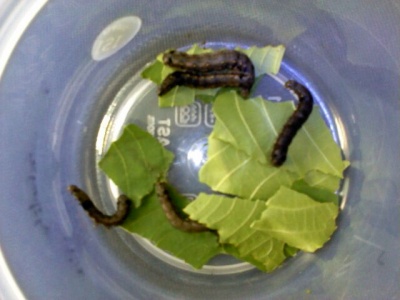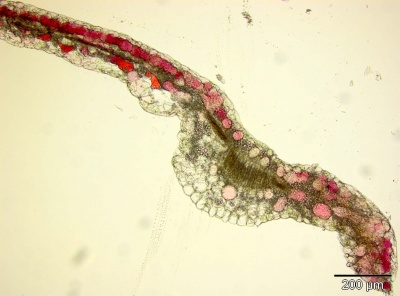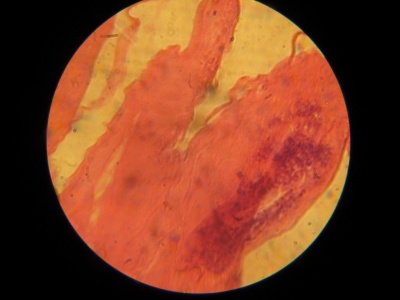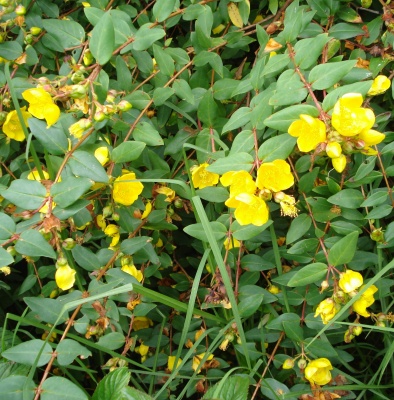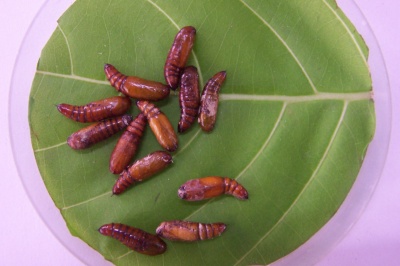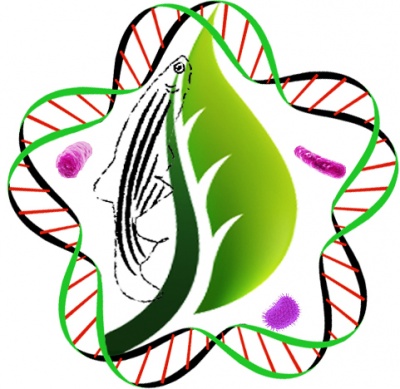 The Centre for Bio-resource Research and Development (C-BIRD) was formed on the developmental conviction that teaching and research being two sides of higher education, should be concurrently pursued to generate wealth and intellectual capital of India. Biotechnology is a late 20th or early 21stcentury discipline having a balanced mix of science and technology components to offer a variety of products and processes of great relevance seldom realized in the developing countries including India. Ignited minds of young students and budding scientists can easily convert S&T ideas into mind blowing opportunities and deliver uncommon benefits to the society. The C-BIRD provides the right forum and ambience for the graduate students to conduct ingenious experiments and develop appropriate and relevant technologies for prospecting the chemical and genetic resources of our country and become future innovators and entrepreneurs to transfer the technologies to small, medium and high-tech industries for reaping economic benefits to the society at large. Unhesitant support of the Hon. Chancellor and consistent follow-up of the Directors enabled realization of this centre towards the end of 2009.
The Centre for Bio-resource Research and Development (C-BIRD) was formed on the developmental conviction that teaching and research being two sides of higher education, should be concurrently pursued to generate wealth and intellectual capital of India. Biotechnology is a late 20th or early 21stcentury discipline having a balanced mix of science and technology components to offer a variety of products and processes of great relevance seldom realized in the developing countries including India. Ignited minds of young students and budding scientists can easily convert S&T ideas into mind blowing opportunities and deliver uncommon benefits to the society. The C-BIRD provides the right forum and ambience for the graduate students to conduct ingenious experiments and develop appropriate and relevant technologies for prospecting the chemical and genetic resources of our country and become future innovators and entrepreneurs to transfer the technologies to small, medium and high-tech industries for reaping economic benefits to the society at large. Unhesitant support of the Hon. Chancellor and consistent follow-up of the Directors enabled realization of this centre towards the end of 2009.
R&D priorities of the C-BIRD are:
To organize collections of industrially important microbes, animal and plant species and varieties and to prospect chemical and genetic molecules.
To develop ingenious and improvised technologies to add value to bio resources and make patentable and high value products useful to the society and market.
To enhance public awareness on conservation of indigenous bio resource and harnessing their potential benefits through biotech interventions.
Progress indicators:
The C-BIRD has successfully developed potential agro-active fungal metabolites (beauvericin, destruxin) which are being productized into biopesticides and herbicides respectively. The Centre has also fished out important anti-depressant high value molecules (hyperforin, hypericin, flavonoids) from Hypericum hookerianum, a high altitude evergreen shrub of the Palni hills in the Western Ghats. Nanotechnology intervention to develop nano-products of relevance in the agricultural, health and industrial sectors is also in the offing. A few students are exploring ways and means of controlling drug resistant bacterial infections. Yet another project is focused at developing zebrafish model to investigate dopaminergic differentiation during neurodegeneration induced by MPP+ administration. DNA fingerprinting of palmyrah (Borassus flabellifer), the state tree of Tamil Nadu is also a subject of investigation for a few students.
